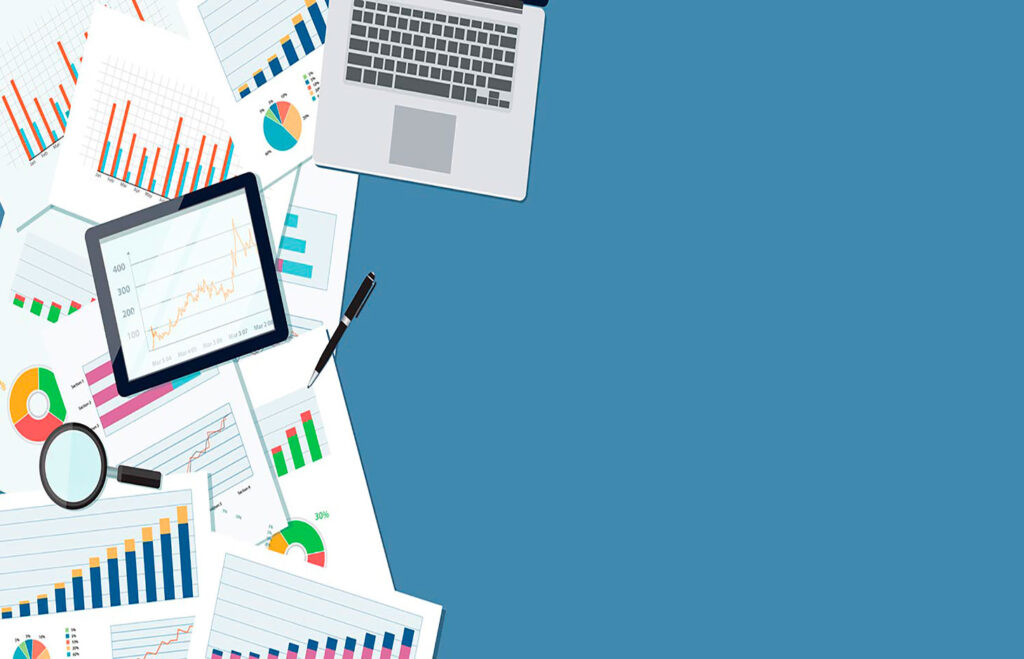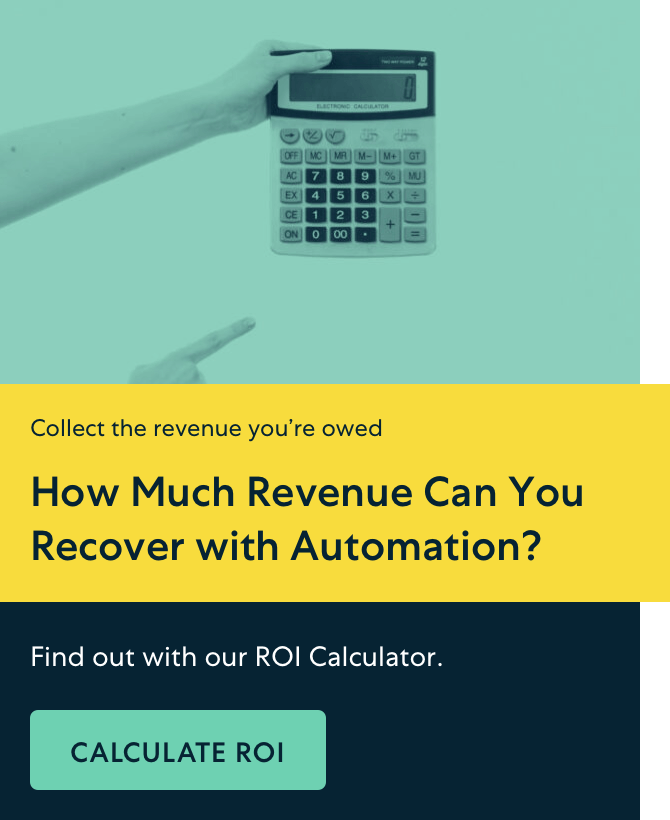The rise in revenue as your SaaS business scales from startup to scale up to enterprise can be exhilarating to watch. Less exciting—but no less essential—to manage, however, is the associated increase in accounting complexity. After all, as your business grows, its compliance burden grows as well.
Just take the Sarbanes Oxley Act, for example, which begins to apply to businesses when they go public.
This U.S. federal law imposes financial compliance and reporting requirements on public companies and the accounting firms that audit them. It states that companies’ annual reports need to include an internal control report stating that the company management is responsible for establishing, and maintaining, adequate internal control structures and procedures for financial reporting.
Even if your SaaS enterprise business isn’t publicly listed (yet!), you’ll still have other accounting compliance issues to grapple with. You’re going to need all the assistance you can get—and sometimes help can come from unexpected places, such as your billing software.
Read on as I share insights on three areas in which sophisticated billing technology can support your SaaS enterprise business’s accounting compliance efforts:
1. Revenue recognition
Revenue recognition under the ASC 606 standard can be especially complicated for larger businesses, which tend to have more complex customer contracts and performance obligations.
For instance, you may have customers paying for:
- multiple subscription plans or multiple seats per plan,
- one-off implementation services, and/or
- usage (following a usage-based billing model).
Your customers may also have subscribed to your product at an initial discounted price, with regular fee uplifts baked into the contract. And midway through their subscription, some customers may upgrade or downgrade their plans, causing further changes to their payment obligations to your business.
If you’re using a homegrown or legacy billing software to recognize revenue and income for your transactions, it may not be able to cope with such billing complexity. As a result, your finance team may end up needing to make numerous manual journal entries or other adjustments to ensure compliance with ASC 606. Such endeavors are not only time-consuming but also introduce much room for human error.
Modern SaaS billing software will include built-in modules for revenue recognition, allowing you to recognize revenue for your sales transactions in an automated, ASC 606-compliant manner. You’ll be able to choose from a variety of revenue recognition methods such as immediate, fixed-interval, milestone, or even manual—whichever makes the most sense for your business.
Pro tip: if you use enterprise resource (ERP) software, look for SaaS billing software that can integrate with it. This way, you can reflect your revenue recognition data in your ledgers in real-time. As an example, Stax Bill offers a direct integration with top ERP software NetSuite.
2. Taxation
Given the online nature of SaaS products, your customers can come from all over the world, especially if you’re running a large SaaS enterprise. And that means more complexity with taxation, as different countries, states, and even neighborhoods in the same city(!) can have tax requirements that differ from each other.
In the U.S., for example, the collecting of sales tax on services is required in some tax jurisdictions but not in others. What’s more, a single zip code can be its own tax jurisdiction. Therefore, you can’t reference just a customer’s state to decide how much sales tax to charge on their transaction. Instead, you’d need to identify exactly which tax jurisdiction they belong to based on their full address.
And this is only for the U.S.—I haven’t gone into other countries’ corporate tax regulations yet!
Is your billing system equipped to handle such advanced taxation needs? If it isn’t, then an alternative is to manually look up the relevant tax jurisdiction and tax rates for each customer. But, needless to say, doing so for hundreds and even thousands of customers is a full-time job in and of itself.
To tax your customers with accuracy and efficiency, find a SaaS billing software that is compatible with supplemental tax software, such as Avalara, to perform granular billing address validation and tax jurisdiction determination.
Such an integration helps businesses obtain up-to-date tax rates following the tax regulations of each jurisdiction and collect the necessary amount of tax without fuss.
3. International expansion
If your SaaS enterprise business will be going global, then you’ll need to prep it for the challenges that come with such a move. I’ve already briefly mentioned some of the taxation issues that could crop up, but you’ll also have to work on matters such as:
- localizing your brand, product, and marketing for each new target market,
- collecting payments in your customers’ native currencies, and
- setting up local business legal entities.
That’s a lot to handle, but modern billing software can take many accounting-related tasks off your plate.
For instance, a billing system integration with a merchant of record solution like Digital River can assist international SaaS businesses in taking local currency payments and registering with domestic tax authorities, as well as adhering to major compliance requirements.
Such features not only ease businesses’ entry into new markets and enhance the local customer experience but also lead to tangible business results. By taking advantage of such an integration, SaaS businesses can:
- cut their operational costs by up to 30%,
- reduce their billing processing time by up to 80%, and
- expand their operations to over 175 markets worldwide, among other benefits.
On the flip side, trying to use piecemeal solutions to jump through the hoops involved in going international only hampers the speed of entry into new markets. This can be frustrating, especially as you watch competitors grab market share away from you.
The right billing system makes accounting compliance a lot smoother
The bigger your business, the more complex your operations and processes will become. And the situation is no different when it comes to accounting compliance: a whole host of issues stand in your way like tripwires, with potentially undesirable consequences for your business if they aren’t properly taken care of.
Enter comprehensive billing systems. These powerhouses pack in robust accounting compliance features, such as modules for effortless revenue recognition no matter how you bill customers. The very best billing systems will also integrate with other leading business solutions to cover all your bases, such as deep and granular taxation capabilities and providing an international payment gateway as you venture abroad.
Leveraging these sophisticated solutions, your SaaS enterprise business will be able to readily meet its accounting compliance obligations even as it continues to scale. At the same time, you free up your team to focus on other core responsibilities, be it preparing accurate income tax returns or something else.
So ask yourself: can your billing software rise to the challenge, and adequately support your business’s growth moving forward? If not, then perhaps it’s time to make a switch.
Quick FAQs about Accounting Issues
Q: What are the common accounting issues faced by SaaS businesses?
As SaaS businesses scale from startup to enterprise, they encounter an increase in accounting complexity. This includes compliance with financial laws such as the Sarbanes Oxley Act and the recognition of revenue under the ASC 606 standard, which can be complicated for larger businesses with complex customer contracts.
Q: How can SaaS billing software mitigate accounting issues?
Modern SaaS billing software comes with built-in modules for revenue recognition, enabling businesses to recognize revenue for sales transactions in an automated, ASC 606-compliant manner. Additionally, it can integrate with enterprise resource (ERP) software to reflect revenue recognition data in ledgers in real-time.
Q: What challenges can arise with taxation for SaaS businesses?
Taxation can become complex for SaaS businesses as they grow and acquire customers from around the world. Different countries, states, and even neighborhoods can have different tax requirements. Therefore, it’s essential to have a billing system that can handle these advanced taxation needs.
Q: How can billing software assist with taxation issues in SaaS businesses?
A SaaS billing software that is compatible with supplemental tax software can perform granular billing address validation and tax jurisdiction determination. This helps businesses obtain up-to-date tax rates following the tax regulations of each jurisdiction and collect the necessary amount of tax without fuss.
Q: How can billing software support the international expansion of SaaS businesses?
Modern billing software can assist international SaaS businesses in taking local currency payments and registering with domestic tax authorities, as well as adhering to major compliance requirements. This not only eases businesses’ entry into new markets but also enhances the local customer experience.
Q: What are the benefits of using a comprehensive billing system for SaaS businesses?
Comprehensive billing systems pack robust accounting compliance features, such as modules for effortless revenue recognition. They also integrate with other business solutions to cover all bases, such as deep and granular taxation capabilities and providing an international payment gateway for businesses venturing abroad.
Q: What should businesses consider when choosing a billing software?
Businesses should consider whether their billing software can support their growth and meet accounting compliance obligations. If their current software can’t rise to these challenges, it may be time to consider a switch.








